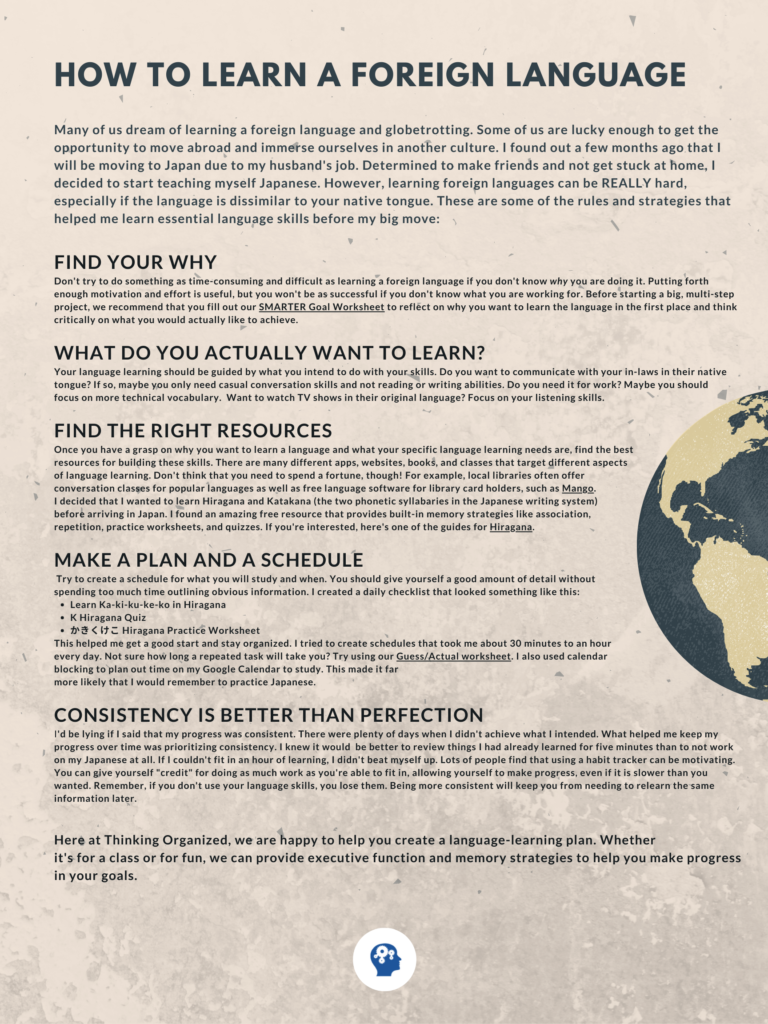About three months ago, my husband, our 15-month-old daughter, and I set out for our biggest adventure as a family to date: moving across the country. My husband had just landed his dream job at a university in California, 3000 miles away from Washington, DC, where we lived at the time. My husband and I were no strangers to the stresses of moving. In five years, we had logged five addresses in three different states. Having each also completed a cross-country move once before, we were seasoned. The wildcard in this move was our fiery, newly-toddling toddler.
Moving is inherently stressful. While physically laborious and emotionally demoralizing, moving also requires executive functioning and project management skills. Some of the logistics we had to deal with included finding a new rental in California, securing childcare, establishing the date of our move, working within a budget, finding a moving company, filing for change of addresses on important documents, and shipping our car. Like any large undertaking, moving is actually made up of many parts that can further be chunked into a number of smaller tasks. Once my husband and I identified the “smaller projects” required to move, we established a plan of attack. Here are a few things that helped us get through the move:
- Teamwork (with division of labor): In order to get through the laundry list of tasks and projects, my husband and I opted to divide and conquer, to play to our strengths and approach the move with a clear division of labor. For example, I’m more of a people-person, so I took on tasks related to calling various moving companies and servicers so that we had data to compare prices. My husband is a minimalist and Tetris master, so he tackled the purging and packing.
- Asking for (and accepting) help: We’re so fortunate to have friends and family who offered ways to support us during our transition. Many friends offered their stories and recommendations for similar moves. Our families also offered to help us pack. The biggest barrier for us was knowing when to accept help. This was especially beneficial with our daughter because, as we learned, it’s very difficult to pack boxes around toddlers who enjoy unpacking and climbing into boxes.
- EF tools: For the two months surrounding our move, our household was controlled by spreadsheets, calendar events, and lists. The very apps and programs that I encourage my students to use were the same that helped us manage our move. Our top tools were Excel, Trello, and Google Calendar.
Three months later, I admit that we’re still not fully moved in – we still need to put up artwork, and each closet has 1-2 boxes that still need to be unpacked. Regardless, the hours spent planning and strategizing were all in service of a fairly well-executed move. We found a great daycare just blocks from our new rental, and aside from a couple of arguments, everyone made it through relatively unscathed!
 THINKING ORGANIZED
THINKING ORGANIZED




